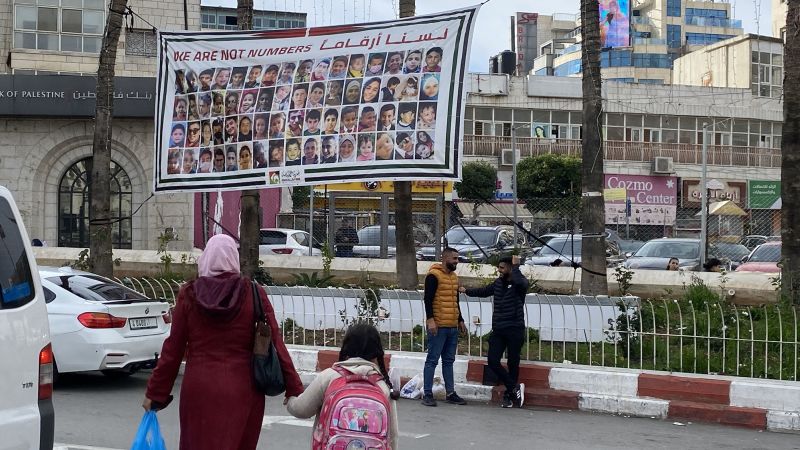CNN reporting on some interesting survey results from the Palestinian Center for Policy and Survey Research in Ramallah. Seven hundred and fifty adults were interviewed face to face in the West Bank, and 481 were interviewed in Gaza, also in person. The Gaza data collection was done during the recent truce, when it was safer for researchers to move about.
Of course they’re going to support fighting back against a nation murdering their children in broad daylight while the world watches, who could blame them? Many probably didn’t hold those sentiments before this “reprisal” but now…
Eh, that’s not quite what the survey respondents are saying. It’s not as simple as “support war, yes or no?”:
The survey, which has a four-point margin of error (rather than the usual three-point), found that almost three-quarters (72%) of all respondents believe Hamas’s decision to launch its attack on Israel on October 7 was “correct.” Less than a quarter (22%) said it was “incorrect.”
They’re very clearly in favor of the initial attack, not just the response. And it goes further:
In Gaza, support for armed struggle has risen only slightly from 50% in September 2022 (a year before the current war) to 56% in December 2023. In the West Bank, however, support has been rising dramatically from 35% in September 2022 to 54% in September 2023 (a month before the war). This month, polled support for armed struggle reached 68% in the West Bank.
And:
But Shikaki cautions that higher support for Hamas should not be over-stated, at least not yet. As more Palestinians come to terms with the atrocities committed by Hamas on October 7, so attitudes could change — though that is unlikely to be the case so long as Gaza remains under massive attack.
Important again is how many people have watched videos from October 7 and the differences between the territories. In Gaza, 25% of those asked said they had viewed such videos; and 16% of all respondents told researchers Hamas had committed war crimes. In the West Bank, the corresponding numbers were just 7% and 1%.
Gaza is moving out of denial more quickly than the West Bank, Shikaki says, and that means a reckoning for Hamas. Already, only 38% of Gazans want to see the militant group return to governance after the war.
Holy shit, could we be on the cusp of a unified Hamas government in Gaza and the West Bank?




